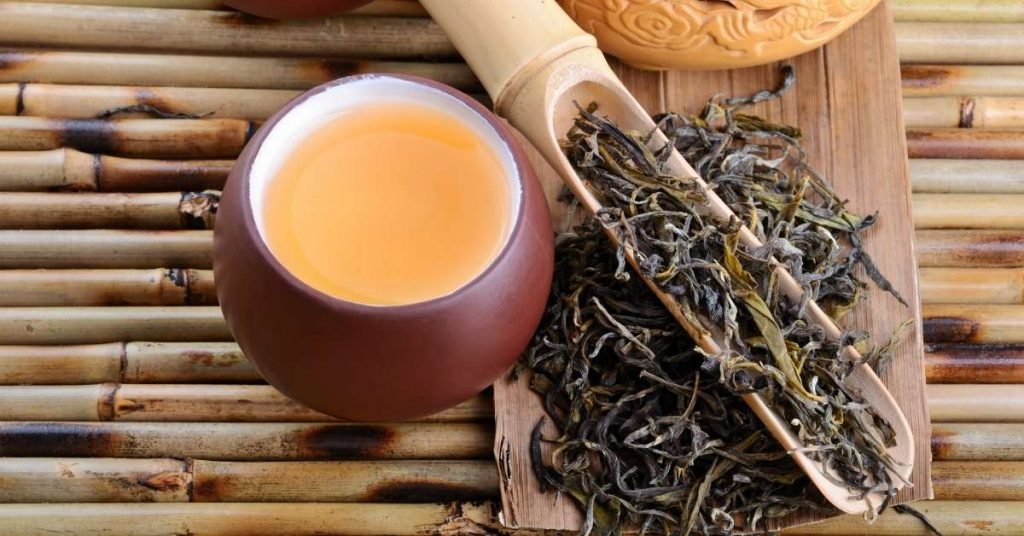Toothache can be a bothersome and sometimes debilitating condition. Whether it’s caused by tooth decay, gum disease, or an injury, tooth pain can affect your ability to eat, sleep, and go about your daily activities.
While it’s important to seek professional dental care if you’re experiencing severe or prolonged tooth pain, there are also natural remedies that can provide temporary relief.
One such remedy is tea. Tea has been used for centuries as a natural remedy for a variety of ailments, including toothache.
In this article, we’ll explore the properties of tea that make it effective for tooth pain, as well as the types of tea that are most beneficial.
We’ll also provide tips on how to use tea to alleviate tooth pain and discuss when it’s necessary to seek professional dental care.
How To Use Tea for Toothache?

To use tea for tooth pain, you can follow these steps:
- Choose the type of tea you want to use. As mentioned earlier, peppermint tea, black tea, and clove tea can be effective for tooth pain.
- Brew a cup of tea using a tea bag or loose tea leaves. If you’re using loose tea leaves, make sure to strain the tea before using it.
- Let the tea cool down to a warm or lukewarm temperature. You don’t want it to be too hot, as this can worsen tooth pain.
- Take a sip of the tea and swish it around your mouth for a few seconds before spitting it out. Repeat this process until you’ve finished the cup of tea.
- You can also use a tea bag to apply the tea directly to the affected area. Place a cooled tea bag on the affected tooth and hold it in place for a few minutes.
- Rinse your mouth with warm water to remove any leftover tea.
What Are the Best Teas for Toothache?
Tea has some natural properties that can help alleviate tooth pain. Here are some types of tea that may be helpful:
Peppermint tea: Peppermint has natural numbing properties that can help relieve tooth pain. Brew a cup of peppermint tea and let it cool down before swishing it around your mouth.
Black tea: Black tea contains tannins, which have natural astringent properties that can help reduce inflammation and pain. Steep a tea bag in hot water, let it cool down, and then place it on the affected area for a few minutes.
Clove tea: Clove is a natural analgesic and has been used for centuries to alleviate tooth pain. Brew a cup of clove tea and let it cool down before swishing it around your mouth.
It’s important to note that while a tea can help alleviate tooth pain, it’s not a replacement for professional dental care. If you’re experiencing tooth pain, it’s important to see a dentist to identify the underlying cause and receive appropriate treatment.
How Exactly Does Tea Alleviate Toothache?
Tea can be helpful for tooth pain for several reasons:
Natural analgesic properties: Certain types of tea, such as clove tea, contain natural analgesic properties. Clove contains a compound called eugenol, which has been shown to have a numbing effect and can help alleviate tooth pain.
Anti-inflammatory properties: Black tea contains tannins, which have natural anti-inflammatory properties. Inflammation is often associated with tooth pain, so reducing inflammation can help alleviate the pain.

Natural astringent properties: Tannins in black tea also have natural astringent properties, which can help to reduce swelling and pain in the affected area.
Soothing effect: The warmth of the tea can provide a soothing effect to the affected tooth, which can help to reduce pain and discomfort.
Antimicrobial properties: Some types of tea, such as green tea, contain compounds called catechins, which have been shown to have antimicrobial properties. This can be helpful in preventing or treating infections that can cause toothache.
Final Word
Tea can be a helpful and natural remedy for toothache. Whether you choose peppermint, black, or clove tea, each type of tea offers unique properties that can help to reduce inflammation, swelling, and pain.
While tea can provide temporary relief for tooth pain, it’s important to remember that it’s not a substitute for professional dental care.
If you’re experiencing severe or prolonged tooth pain, it’s important to see a dentist to identify the underlying cause and receive appropriate treatment.
Additionally, maintaining good oral hygiene, such as brushing and flossing regularly, can help to prevent tooth pain and other dental problems.
By incorporating tea and other natural remedies into your oral care routine, you can take steps toward maintaining optimal dental health and reducing the risk of tooth pain.
MEDICAL DISCLAIMER
Itsnevernotteatime.com cannot and does not contain medical/health advice. The medical/health information is provided for general and educational purposes only and is not a substitute for professional advice.




